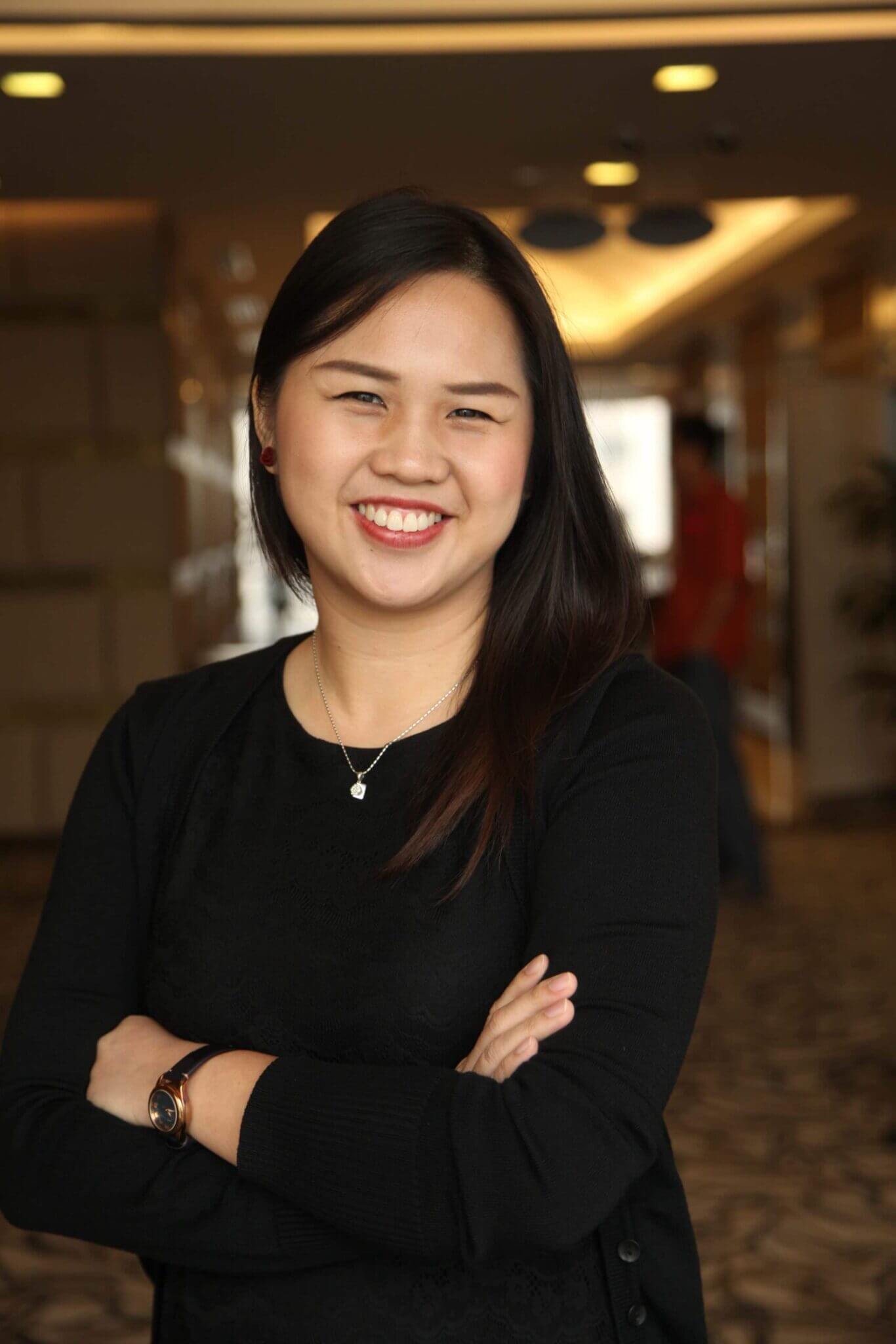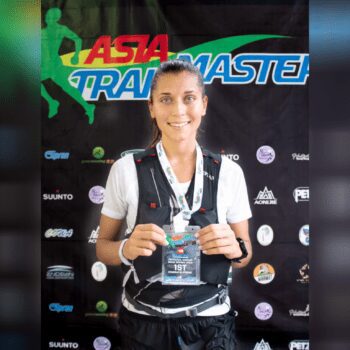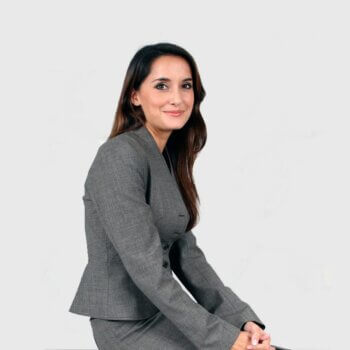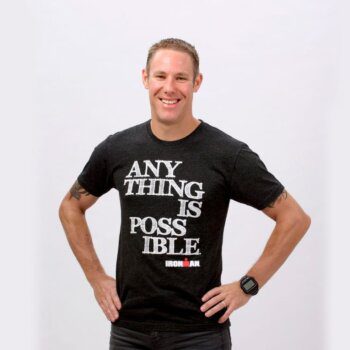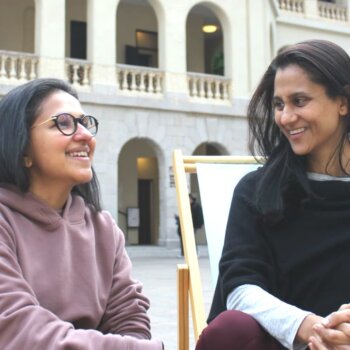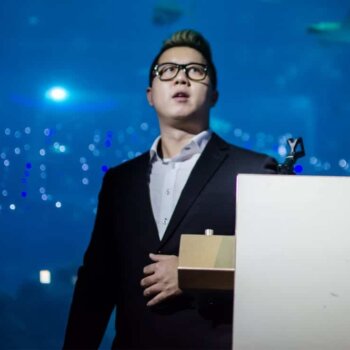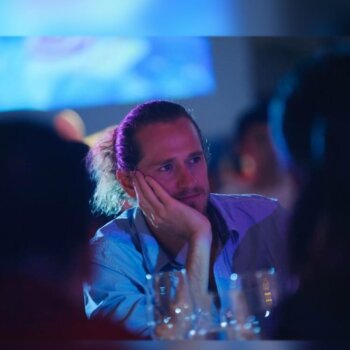Kelly Low graduated with first class Degree in Electric and Electronic Engineering from Sheffield Hallam University in the United Kingdom. After graduation like many graduates, Kelly was invited to join a management trainee program in a multinational company that offered opportunities to work in Europe. Kelly took up the challenges and completed an intensive one and a half year program abroad. After completion, Kelly worked on handled project deployment across 80 countries and have managed projects worth up to hundred thousand euro. Having vast working experience across three continents including America, Europe, and Asia, Kelly is able to bring in new ideas and concepts from a global perspective to implement into the local context. Desiring a greater challenge, Kelly decided to pursue her own startup and co-founded Breakout, a real life “escape-game” which she will be talking to us about today.
In your own words, what is Breakout?
Breakout is a realistic escape game center consisting of various themed rooms, all of which are equipped with uniquely designed storylines and mind-boggling puzzles that must be completed within an hour.
Breakout is also the first character based escape game in the world where participants can choose their special abilities to tackle different tasks in the game room. We stand out because our rooms are crafted with delicate attention to detail, so players feel immersed in exciting, thriller movie-like settings. Our aspiration is to make our players be the main character in a scene out of a movie. Breakout brands itself as premium and exclusive, emphasizing on friendly and efficient customer service.
How did you come up with the idea of Breakout?
One of the co-founders, Johnny Ong traveled to China in August 2013 and encountered the escape game industry while it was at it early stage. He tried one or two of these games and got hooked but at the same time, he thinks there is so much more improvement could be done to make the game more immersive and surreal. When he came back, he shared with a bunch of friends on his experiences. After hearing his idea, I did more researched on the industry and convinced the other that this might be something we could work on together.
Could you walk us through the process of starting up Breakout?
When we first started off, all of us are the full-time worker in the corporate world. We used to spend 4-5 hours daily after our working hour in one of the shopping mall’s food court on brainstorming our idea for the product. As we only have limited resources at that time, we plan out everything in details. We know that we can’t afford many mistakes during the construction of the room hence, we did a lot of details planning.
It was a hard time but I would say a sweet moment as it was the time we really go to know each other better. I still remember how we used to spend our time discussing till the mall closes its door to visitor every day and even the food court staff could recognize us as we are always the last people to leave the place. This lasted about half a year before we finally are able to secure a mall that is willing to take us up.
In May 2014, we open our door to the public. During that time, we were testing the water to see how our product is being accepted by the public. All of us agreed that we shall still be working in our full-time job except Johnny who will be leading the operation team in full force in Breakout.
Within 3 months of opening, we have been growing rapidly and was voted #1 things to do in Kuala Lumpur in TripAdvisor and has set the bar higher for the reality escape game industries in Malaysia
Then, we have been approached by many interested parties to bring our brand abroad. As we are very new then, we have turned down a few parties, as we wanted to make sure we could still provide the same quality, if not better throughout all outlets.
Within 5 months of opening, all of us agreed that it is time to make the leap of faith and join in full force to develop and expand the brand. We go through vigorous activities to come out with our franchise package and operational module. We wanted to make sure all of our outlets would be able to provide the same kind of prestigious and unique reality escape game experiences as we did in our first outlet. We now have outlets in Malaysia, Canada, United States and South Korea and are looking forward to further expand to Europe, Middle East, Australian and New Zealand.
Did you encounter any particular difficulties during startup?
I believe that every startup will have it own difficulties while I consider ours as quite interesting. In the initial stage of the startup, Johnny and I started with 3 others friends. Although all of us are working in the corporate world with a stable income, we are no big player in term of finance and experiences in the retail world. We had approached many shopping malls in hope to get a retail store but we got the rejection one after another. Within 2 months time, 3 other friends gave up on the startup. Johnny and I were devastated at the point of time. I had a chat with Johnny to see if he still want to continue with this despite all the rejection and the lack of capital. Luckily he said yes and to be honest if Johnny was to say no, I would have given up too.
At that point, both of us still believes in our vision, however, we might need to approach the situation differently. We went back to ground zero. First with selection of our partners, we know that we will not be able to go far with just two of us in the team, hence on that day itself, we literally pull out our phone and go through all our contact one by one to screen through potential people whom will believe in our vision and will make the team stronger. We prepared a presentation of what it is and our vision of the startup. Within a month or two, we have got Ken, Gavin, and Kawai that believe in our vision. All of us have our own forte and different skill set which make us a more versatile and successful team.
How have you been developing Breakout since startup?
It started off as an idea to bring in new, creative and unique experiences to the Malaysian community. We want these unique experiences to be an inspiration for people to do more to break out from their mundane life and comfort zone. From this idea, we created our company vision, which is to inspire new possibilities and breakthroughs in the creative industry.
We also believe that good products and excellent customer service are crucial in sustaining and expanding our business. Hence, we put in a lot of effort and emphasis in making sure our games and product are of high quality to our customers. By doing this also, will enable us to create a value-generating and sustainable business model to our franchisee.
What kind of feedback did you get for Breakout so far?
For the past 2 years, we had received a lot of good feedback from the customers regarding on our quality games design with strong storylines, unique experiences of our character based escape games and excellent feedback on our customer’s services. Although with all these good feedback, we know that we can’t rest on our laurels, and our commitment is to give our best to our customers.
Do you face a lot of competition in this industry?
Yes, we do face a lot of competition in these industries, locally and abroad. However, I think competition is important to make sure we could further grow this concept to another level. We are not the first player in the industries nor the biggest yet, but we aim to be the best escape game company in the world. For Breakout Escape Game, our strategy is to focus on our overall core business innovation to fuel our expansion plan. There are three segments we will be focusing on in improving our core business, namely our product innovation, leaner operation and lower production cost.
What can you tell us about the industry?
This industry is fairly new but is a rapid-growth business concept in Europe and America. We notice there are a lot of newcomer into the industries, some are growing but some, unfortunately, are already experiencing closure due to saturation and lack of innovation.
To grow and expand in this industry, we need to be more creative and are willing to spend more resources on developing quality gameplay, investing in new technology and bring in more surreal experiences to our players.
What is the future of this industry?
I think the industries are very much in its initial stage still and there are a lot of gaps which we can close and create a new breakthrough in it. For Breakout Escape Game, we plan to invest more into new technology to create surreal experiences to our players. Our plan is to build dynamic rooms with multiple outcomes that can change based on the players’ reactions and strategies. Breakout is also looking into creating a more lean and uninterrupted gameplay for players through the development of a unique in-game application that will tell the story and lead the players throughout the game without outside distractions. In addition, Breakout is looking into creating more interchangeable puzzles at a lower cost.
Was there anything that disappointed you initially?
I wouldn’t say is a disappointment but it helps us to shift our mentality in our business venture. During the initial stage, we don’t have much capital to start with. Our strategy was to start to work on the other things first and then to see if we will be able to secure a loan down the road. As the concept are quite new and there is no proven “success stories”, we didn’t manage to obtain any loan at all. End up, each of the founder pledge around USD 9,000 to start the business. The amount is really not much but we have to work with what we had. So we are really careful in using the capital and have to be “creative” in some case to get the most of what we had.
It looked like a disappointment at first, but looking back, I am glad we didn’t manage to secure a loan at our initial stage. It is because it does really helped us to shape our mentality and commitment when our hard-earned money are at stake.
What do you think about being an entrepreneur in Asia?
I think it is easier to be an entrepeneur in Asia as we are experiencing so much growth right now in Asia and with the advancement of technologies, it helps us in getting more information at the shortest time and turning it into opportunities.
What is your opinion on Asian entrepreneurship vs Western entrepreneurship?
I noticed that Asian entrepreneur are very much communial based while Western entrepreneur are more individualistic in their entrepreneurship practice due to the differences in culture and practices. In general, it affects the way entrepeneur runs the business from decision making to take the next step forward. I do think both sides have it pro and con but with globalization, I think this shall not be the subject that drives us further but instead helps each other to become a better entrepreneur.
What is your definition of success?
For me, success means fulfilling my life purpose of creating love and joy to humanity.
Why did you decide to become an entrepreneur?
I always wanted to challenges myself to be better in work and life and entrepreneurship are able to provide me the platform to do so.
In your opinion, what are the keys to entrepreneurial success?
Willing to take full responsibilities in making you vision a success
Any parting words of wisdom for entrepreneurs out there from your personal experience?
I always asked myself this questions every time I am in doubt: “Will I regret not doing this if today is my last day?”
Connect
Web: www.breakoutescapegame.com
LinkedIn: https://www.linkedin.com/company/breakout—real-escape-game
Facebook: https://www.facebook.com/breakoutmy
